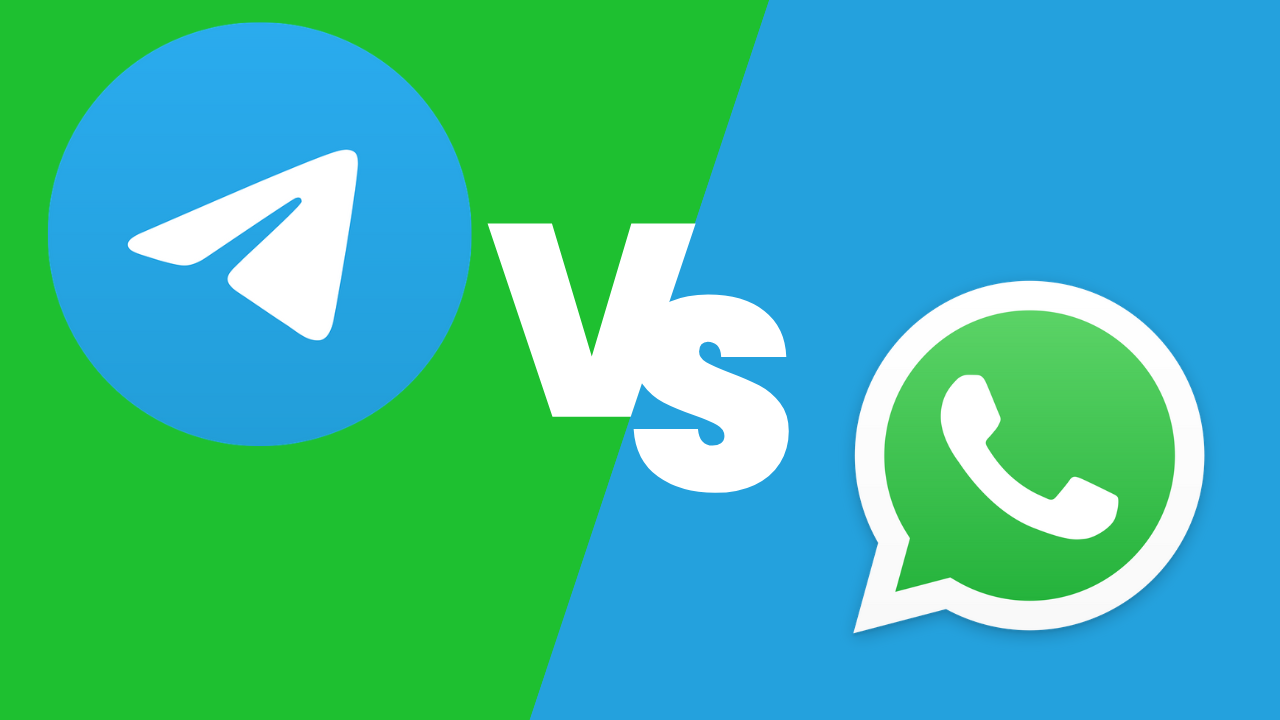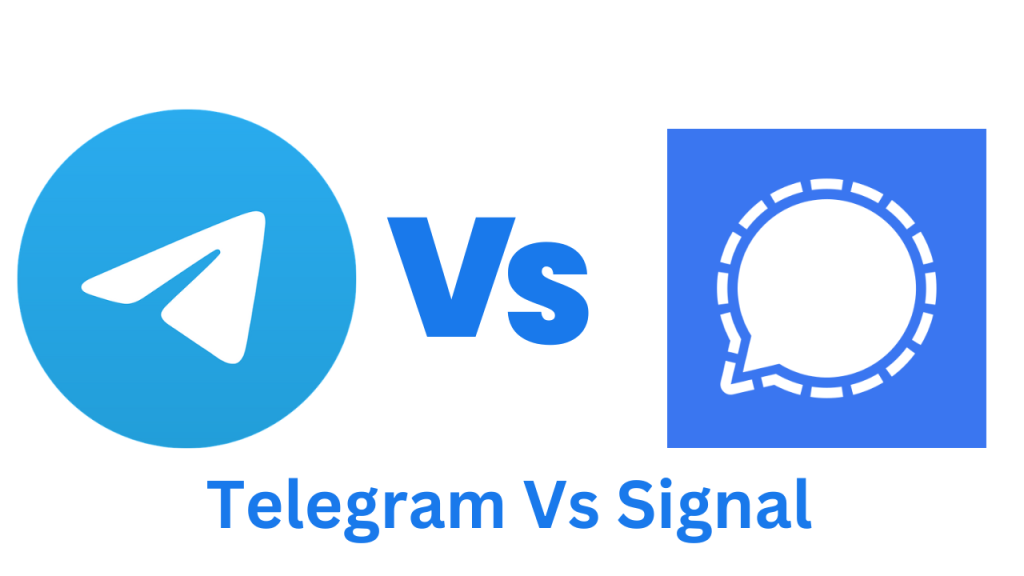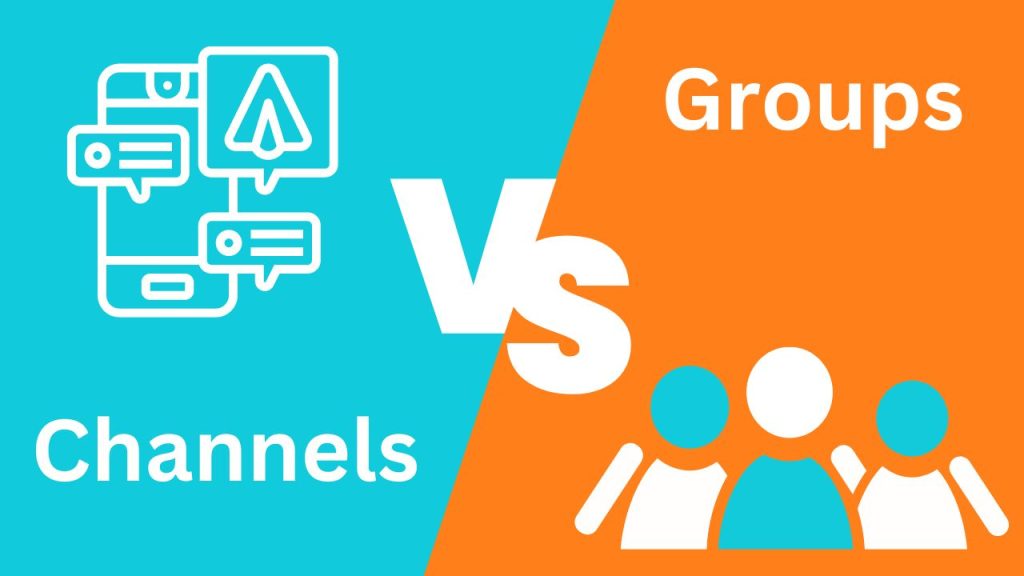In today’s digital age, messaging apps have become indispensable tools for businesses to engage with customers and streamline operations. WhatsApp and Telegram, two of the most prominent contenders, offer a variety of features tailored to business needs. But which platform is the optimal choice for your brand?
So, which platform should you select to enhance your business communication? Let’s delve into the key features, strengths, and weaknesses of Telegram and WhatsApp to assist you in making an informed decision.
| Feature | WhatsApp Business | Telegram |
| User Base | Largest global user base, strong in developing markets | Growing rapidly, especially in regions like Asia and Europe |
| Business Focus | Primarily for small and medium-sized businesses (SMBs) | Suitable for businesses of all sizes, with a focus on customization |
| Messaging Tools | Automated replies, labels, chat statistics, business profiles, shopping cart, order management | Bots, integrations, channels for broadcasting, polls, quizzes |
| Security | End-to-end encryption | End-to-end encryption, plus additional security features like secret chats and self-destructing messages |
| API and Developer Tools | WhatsApp Business API for large-scale integration | Open platform with extensive API options and bot development |
| Cost | Free for basic features, paid plans for advanced capabilities | Primarily free, with some premium features |
| Group Size | Maximum 256 participants | Maximum 200,000 participants |
| File Sharing | Limited file size and number of files | Larger file size limits supports various file formats |
| Channels | No dedicated channels | Dedicated channels for broadcasting to large audiences |
| Payment Integration | Available in select regions | Limited payment options through third-party integrations |
| Video Calls | Group video calls up to 8 participants | Telegram allows up to 30 people to join a video call and share their screens, while up to 1000 participants can view the call. |
| Status Updates | Business status updates | No equivalent feature |
| Desktop App | Available for Windows and macOS | Available for Windows, macOS, Linux |

Telegram Vs Whatsapp – Statistics
1. User Base and Growth
- WhatsApp: With a staggering 2 billion monthly active users, WhatsApp commands a massive global audience. It has been downloaded over 5 billion times from the Google Play Store alone.
- Telegram: Though smaller, Telegram has experienced rapid growth, boasting 900 million monthly active users. It has seen a surge in popularity, particularly in regions like India and Russia.
2. Usage Patterns
- WhatsApp: Users spend an average of 38 minutes daily on the app, sending over 65 billion messages and making 1.5 billion voice calls per day.
- Telegram: Around 196 million users use Telegram daily and the Estimated Telegram user count has increased to 1.562 billion. Users spend an average of nearly 4 hours on the app per month.
3. Demographics
- Whatsapp: The primary user age group of Whatsapp users is 8-34 years old and Approximately 52.8% of male and 47.1% of female use Whatsapp.
- Telegram: The primary user age group is 25-34 years old and Approximately 57.4% of male and 42% of female use Telegram.
4. WhatsApp For Business
Over 2 billion WhatsApp vs Telegram for monthly active users, with a significant portion being businesses or business-oriented.
- Key Features:
- Business profiles with store information
- Messaging tools like automated replies, greeting messages, and quick replies
- WhatsApp Business API for large-scale enterprises
- Integration with payment platforms in certain regions
- Statistics:
- Over 20 million WhatsApp Business app downloads
- High open rates for messages (over 98%)
- Significant growth in e-commerce transactions through WhatsApp
5. Telegram for Business
While exact business user numbers are unavailable, Telegram’s focus on speed, security, and customization attracts a tech-savvy audience, including many businesses.
- Key Features:
- Channels for broadcasting messages to large audiences
- Bots for automating tasks and customer interactions
- Strong focus on privacy and security
- Open platform for third-party developers
- Statistics:
- Rapid growth in bot usage for various business applications
- Increasing popularity among businesses for customer support and business marketing.
Understanding Your Business Needs
Before diving into the comparison, it’s crucial to assess your business’s specific communication requirements. What are your primary goals for using a messaging app? Are you looking to:
- Enhance customer support: Provide quick and efficient responses to customer inquiries.
- Facilitate team collaboration: Streamline internal communication and project management.
- Drive sales and marketing: Engage with customers, promote products or services, and build brand loyalty.
- Manage supply chain: Coordinate with suppliers and distributors efficiently.
Once you’ve identified your primary objectives, you can begin evaluating which platform aligns best with your business needs.
Telegram Vs Whatsapp For Business
Telegram: Speed, Scale, and Features
Telegram has emerged as a popular choice for businesses due to its emphasis on speed, scalability, and a wide range of features.
Key Features:
- Channels: Broadcast messages to unlimited subscribers, ideal for news updates, product launches, and marketing campaigns; Telegram channels can also be used for similar purposes.
- Groups: Create up to 200,000 members for large-scale discussions, community building, and team collaboration.
- Bots: Automate tasks, provide customer support, and create interactive experiences through custom-built bots, like WhatsApp Business API allows.
- File Sharing: Share large files, including documents, videos, and music, with ease.
- Security and Privacy: End-to-end encryption for secret chats, cloud storage with multiple data centers, and self-destructing messages.
Advantages for Business:
- Large-scale communication: Ideal for businesses with a vast customer base or extensive internal teams.
- Feature-rich platform: Offers various tools for various business use cases like WhatsApp Business API allows for streamlined communication.
- Speed and reliability: Known for fast message delivery and stable performance.
- Open API: Allows developers to create custom integrations and applications.
Use Cases:
- E-commerce: Broadcast product updates, promotions, and customer support.
- Media and news organizations: Distribute content to a large audience through channels, a unique feature for maximizing reach.
- Online communities: Build and manage online communities around shared interests.
- Internal communication: Facilitate team collaboration and knowledge sharing.
WhatsApp: Trust, Reach, and Simplicity
WhatsApp boasts a massive user base and a strong reputation for reliability, making it a preferred choice for many businesses.
Key Features:
- Business Profile: Create a professional profile with business information, hours of operation, and more.
- Messaging Tools: Utilize labels, quick replies, and greeting messages to streamline customer interactions, which are part of the many business features offered.
- WhatsApp Business API: Integrate WhatsApp into your business systems for advanced automation and customer management.
- End-to-End Encryption: Protect user privacy and build trust.
Advantages for Business:
- Massive user base: Reach a wide audience with a high penetration rate.
- Trust and familiarity: Benefit from the platform’s strong brand reputation; consider the WhatsApp vs Telegram brand trust among users.
- Integration with other WhatsApp services: Leverage WhatsApp Status and WhatsApp Pay for additional features.
- Focus on customer support: Offer efficient and personalized customer service.
Use Cases:
- Small and medium-sized businesses: Build strong customer relationships through personalized interactions.
- Local businesses: Connect with customers in the local community.
- E-commerce: Provide customer support, order updates, and promotional offers.
- Customer service-oriented businesses: Offer quick and responsive support.
Pros and Cons Summary of WhatsApp vs Telegram
| Feature | Telegram | |
| User Base | Smaller but rapidly growing, with a focus on tech-savvy users and those seeking advanced features. | Largest global user base, with a strong presence in various demographics. |
| Group Size | Supergroups: Up to 200,000 members for large communities, broadcasts, and public channels. Groups: Standard groups for smaller team collaboration. | Up to 1,024 members, suitable for medium-sized groups and close-knit communities. |
| Channels | Broadcast channels for one-to-many communication, ideal for news outlets, businesses, and public figures. | No dedicated channels, but group broadcasts can be used for similar purposes with limitations. |
| Bots | Extensive bot ecosystem for automation, customer service, games, and other interactive features. | Limited bot support, primarily for customer service and basic automation. |
| File Sharing | Supports large files up to 2GB, including documents, videos, music, and archives. | Supports various file types with a smaller maximum file size (varies by platform); like WhatsApp, Telegram also supports file sharing but offers different file size limits. |
| Security | Secret Chats with end-to-end encryption for private conversations. Cloud-based storage with client-server encryption. | End-to-end encryption by default for all chats. |
| Speed | Generally faster message delivery and media uploads. | Can experience slower speeds during peak usage or in regions with lower network quality. |
| Interface | Offers a more complex interface with advanced features and customization options. | Simpler and more intuitive interface, prioritizing ease of use. |
| API | Robust API for developers to create custom bots and integrations. | WhatsApp Business API is available for businesses to manage customer interactions. |
| Cost | Primarily free with optional premium features or stickers. | Free for basic use, with potential costs for business solutions or additional storage. |
| Cloud Storage | Backs up messages to the cloud for access across devices. | No native cloud storage, but backups can be enabled on Google Drive or iCloud. |
| Self-destructing Messages | Secret Chats with timers for disappearing messages. | Disappearing messages are available for standard chats with customizable timers. |
| Message Editing | Allows editing sent messages within a certain timeframe. | Limited message editing capabilities with restrictions. |
| In-app Browser | Built-in browser for viewing links and content within the app. | No dedicated in-app browser. |
| Passcode Lock | Available for added security and privacy. | Not available natively but can be enabled through device settings. |
Which is Right for Business?
Choosing between Telegram and WhatsApp depends on your specific business goals, target audience, and desired level of features.
- Opt for Telegram if:
- You need to reach a large audience with broadcast messages.
- You require advanced features like bots and automation.
- Speed and performance are top priorities.
- Opt for WhatsApp if:
- You prioritize building strong customer relationships.
- You want to leverage a platform with a massive user base.
- Simplicity and ease of use are essential.
Ultimately, the best way to determine the right platform is to experiment and see which one delivers the best results for your business. Consider using both platforms for different purposes or target audiences to maximize your reach and engagement. By carefully evaluating your business needs and considering the strengths and weaknesses of each platform, including options like telegram vs whatsapp business, you can make an informed decision that drives growth and success.
Final Thoughts
While both Telegram and WhatsApp offer valuable tools for business communication, Telegram emerges as the more advantageous platform for most businesses. Its combination of speed, scalability, feature-richness, and strong privacy focus positions it as a superior choice for modern enterprises.
Telegram’s large group capacity, robust bot ecosystem, and versatile channels provide unmatched flexibility for businesses to engage with customers, manage teams, and disseminate information efficiently. Additionally, its emphasis on speed and reliability ensures timely communication and a seamless user experience.
While WhatsApp boasts a larger user base, Telegram’s growing popularity and advanced features make it an increasingly attractive option for businesses seeking a comprehensive and adaptable communication solution. By harnessing Telegram’s potential, businesses can streamline operations, enhance customer satisfaction, and gain a competitive edge.
FAQ’s:
No, WhatsApp has a significantly larger user base compared to Telegram. However, Telegram’s user base has been growing rapidly, especially after increased privacy concerns on other platforms.
Telegram has a diverse user base, but it tends to be more popular among tech-savvy individuals, privacy-conscious users, and those seeking advanced features. It also has a strong following in regions with restrictions on internet freedom.
Both WhatsApp and Telegram offer end-to-end encryption, which is the highest level of security for messaging apps. However, Telegram also provides additional security features like secret chats with self-destructing messages and cloud storage with client-server encryption, which can be a key differentiator in the WhatsApp vs Telegram debate.
While WhatsApp Business offers features tailored for businesses, it still has some limitations:
Smaller group size: Compared to Telegram, WhatsApp groups are limited to 1,024 members.
Fewer advanced features: WhatsApp lacks some of the advanced features found in Telegram, such as channels, bots, and in-depth customization options.
Privacy concerns: As part of the Meta (formerly Facebook) ecosystem, WhatsApp has faced privacy concerns due to data sharing practices. WhatsApp also has to contend with privacy features offered by Telegram.


